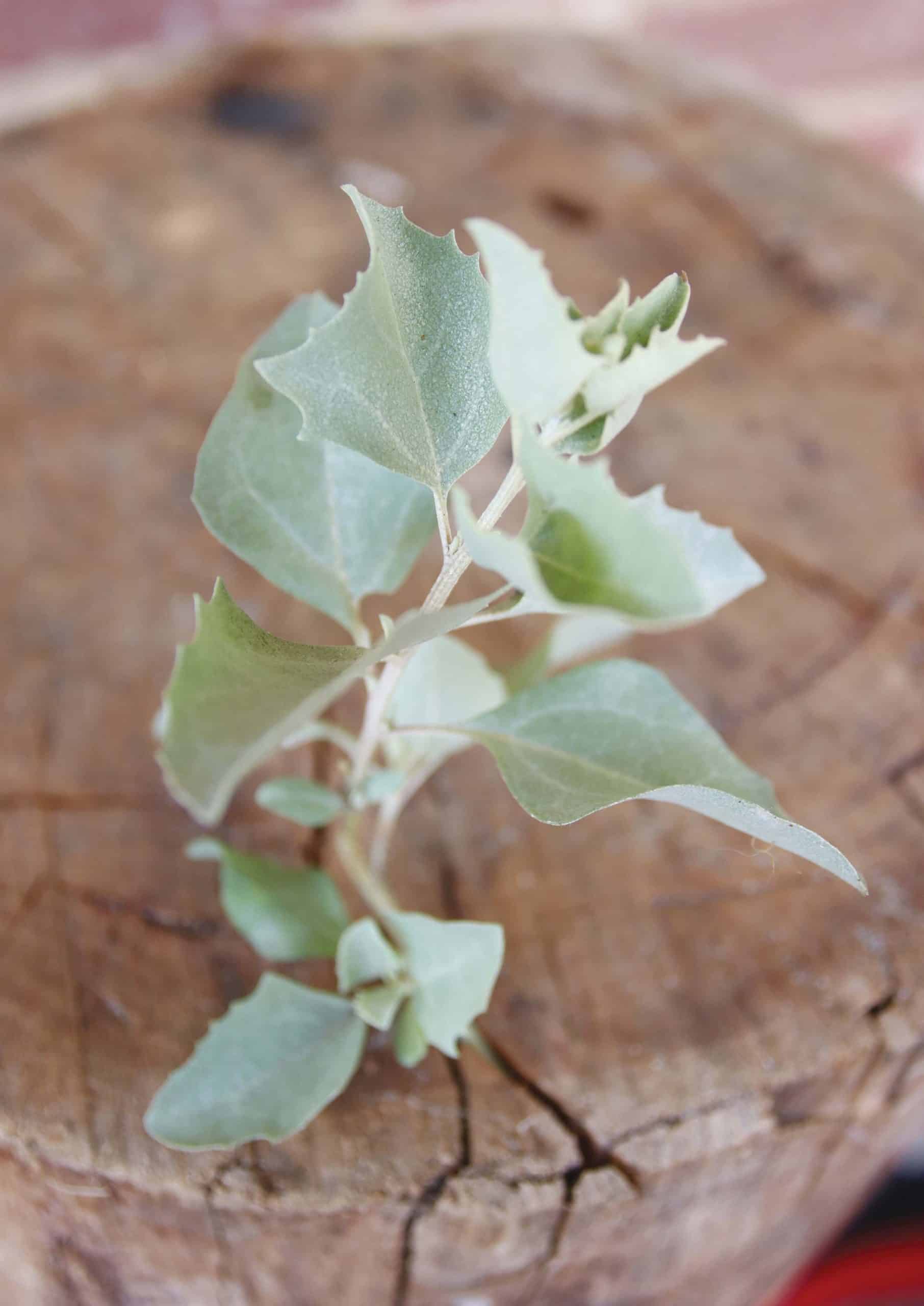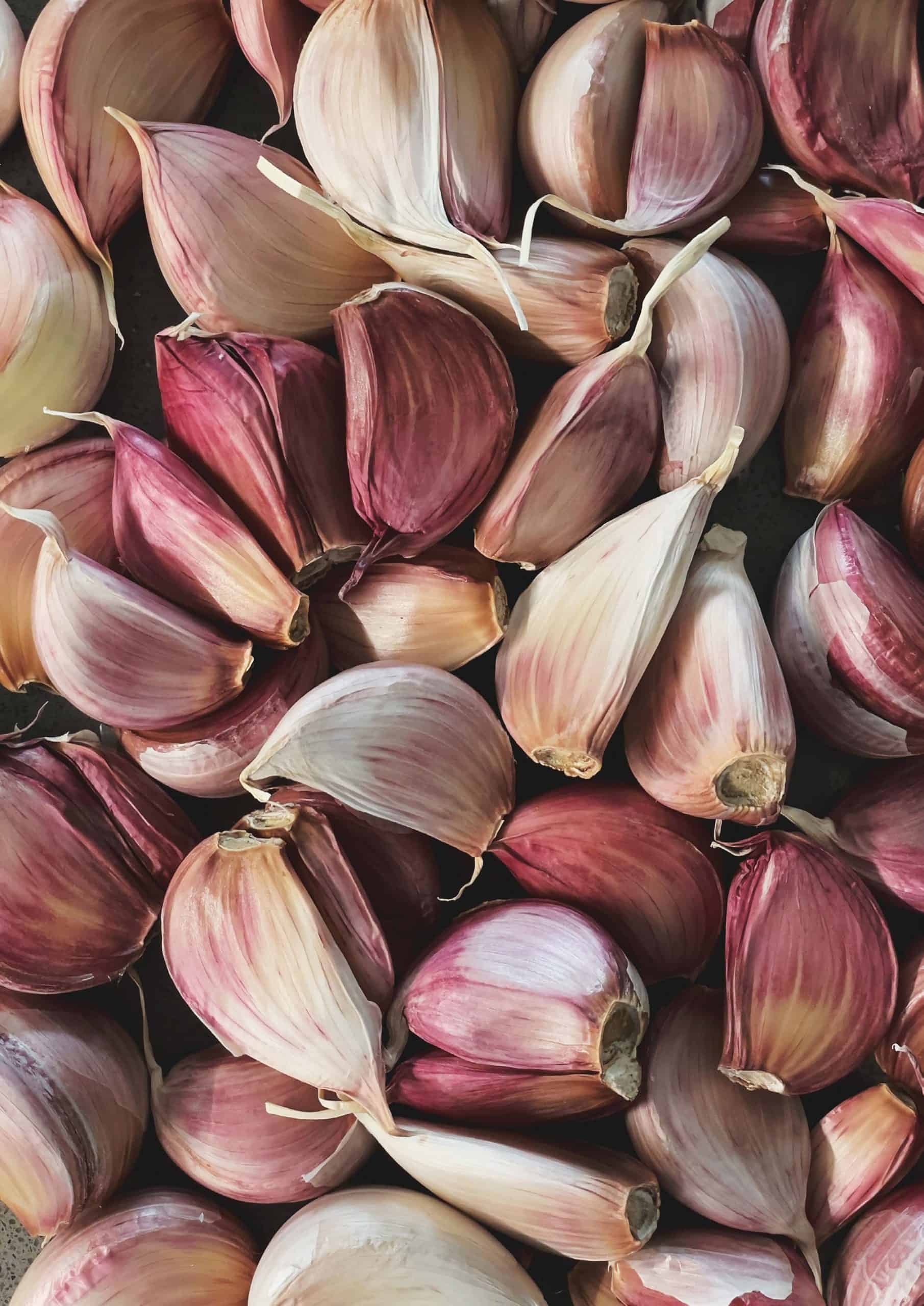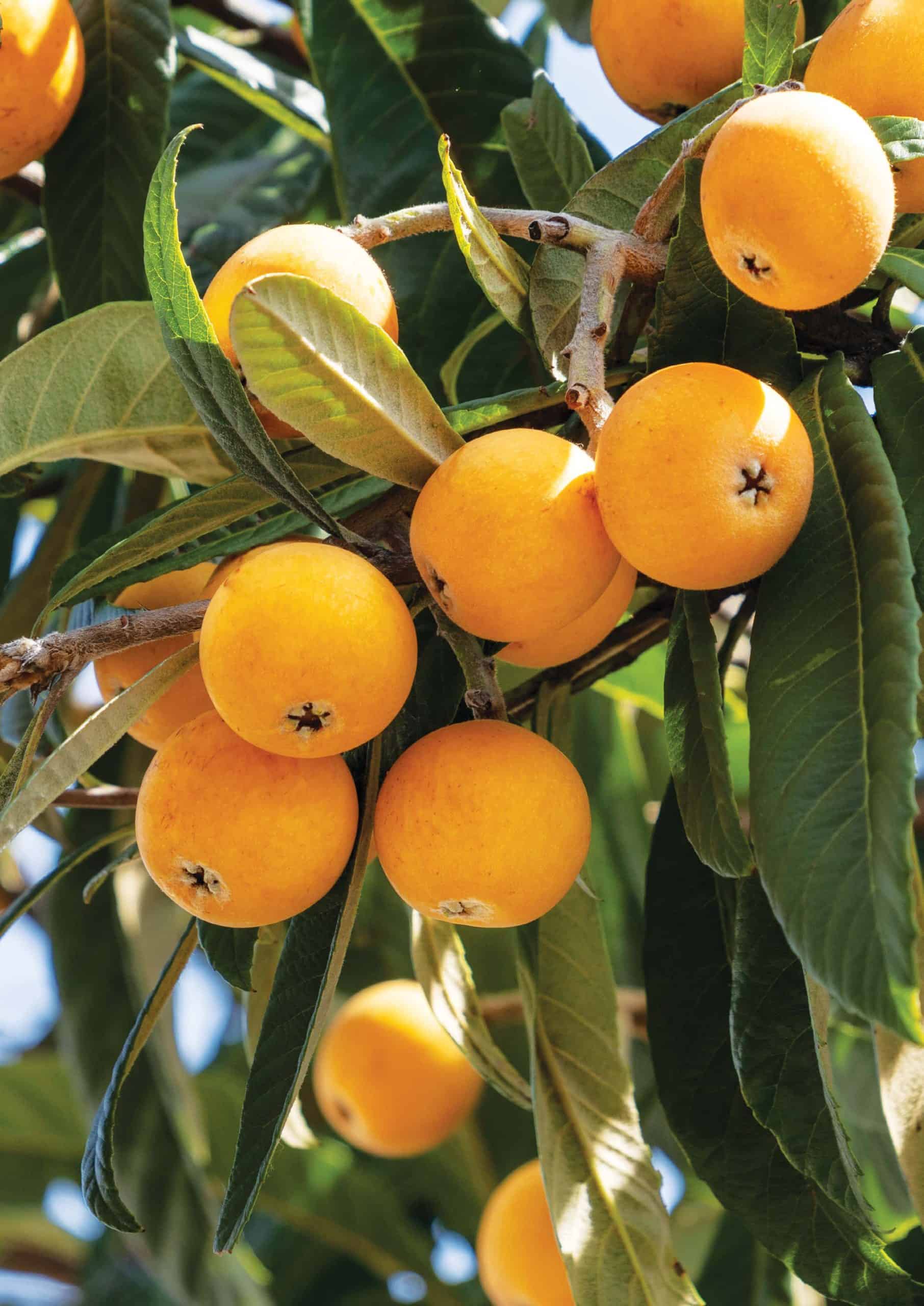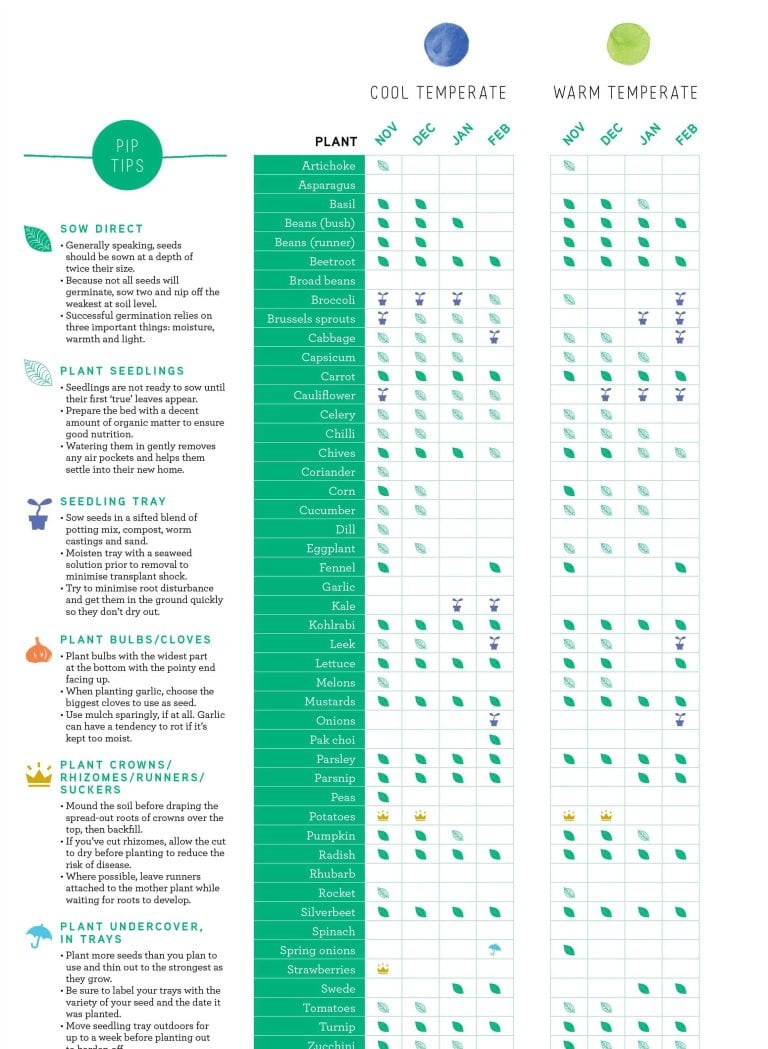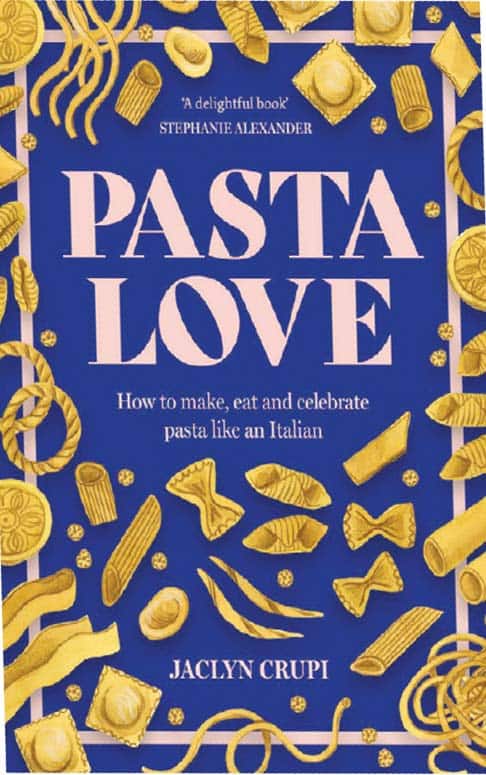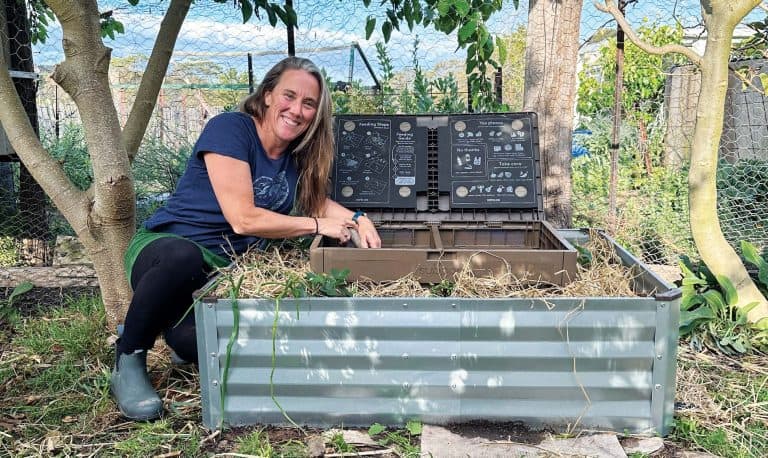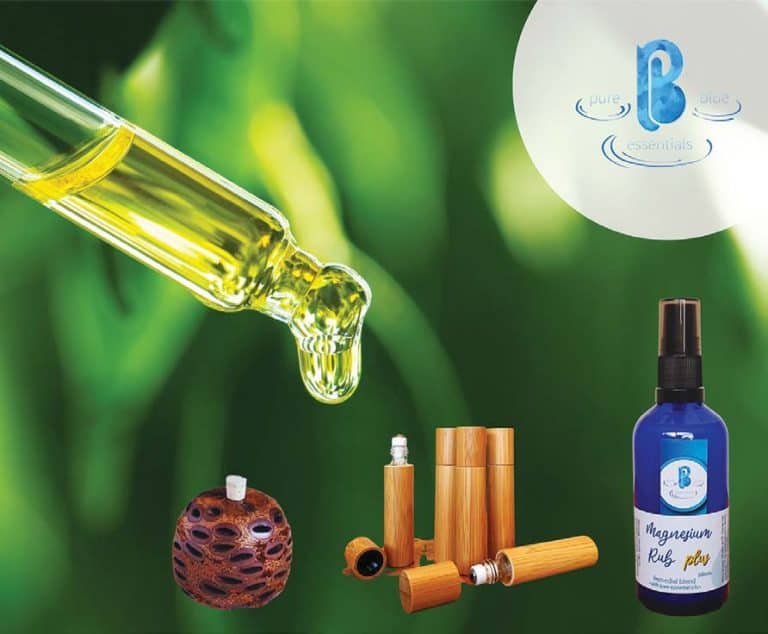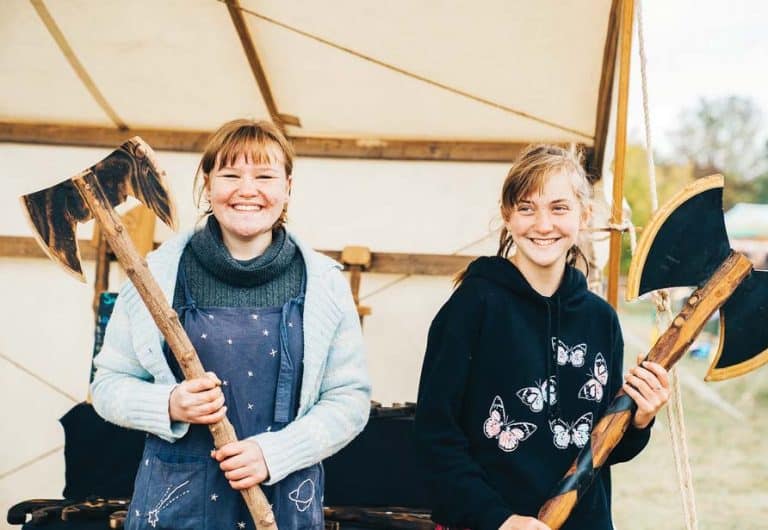LETTERS TO THE EDITOR
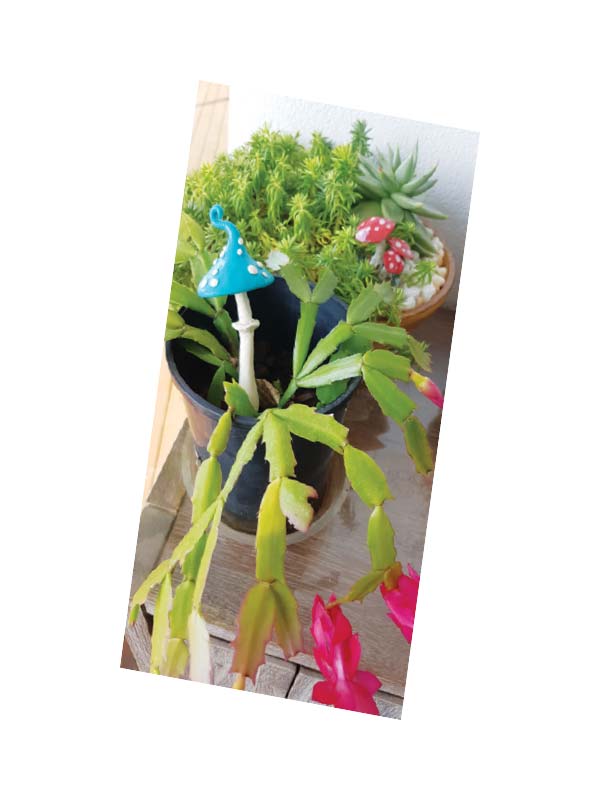
We’d love to receive your feedback, questions, ideas or to see if we’ve inspired you to embark on any projects. Email your letters and photos to editorial@pipmagazine.com.au
On a whim
The only time I buy magazines is at airports when I have a long wait. So when my last flight was delayed, I headed to the newsagent to browse what was available.
The cover of Issue 28 caught my eye immediately and made my heart glad. It brought back memories of picking mushrooms with my aunty in Orange, NSW, and my fascination with whimsical fairies and toadstools as a child.
I had never seen your magazine before so flicking through the pages and seeing it was sustainable-living and gardening related, I bought it. I’ve recently joined a biodynamic gardening group where I live, and so my joy continued as I devoured each of the articles, enjoying and gaining new knowledge from every page.

